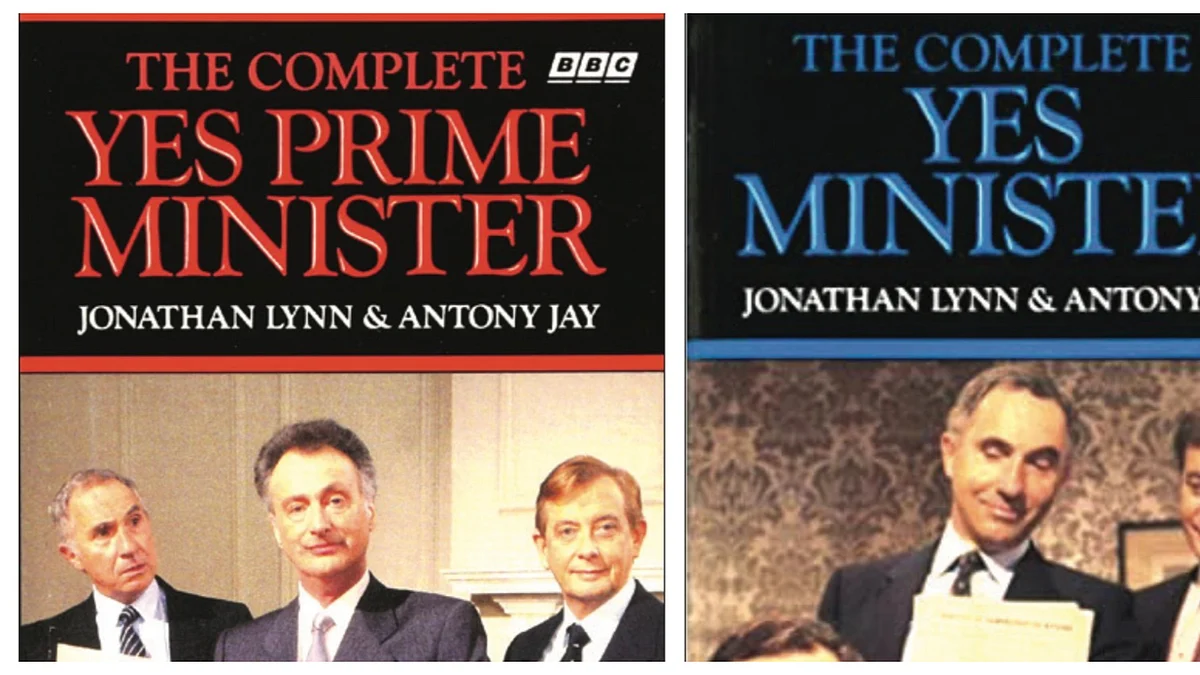Lockdown diary: Books they are re-reading and why- Yes Prime Minister
Neither the bureaucracy nor politics has changed much

The book was meant to be a stress buster. I had seen a few episodes of the iconic BBC comedy, “Yes, Minister” but had moved on. There was no time for comedy! But when I was leaving for Lucknow to take over as Resident Editor of The Times of India, a few friends came to the air- port to see me off.
Vishwa Ranjan, grandson of late Urdu poet Firaq Gorakhpuri, was among them. And he came with a priceless parting gift. A volume of The Complete Yes Minister & Yes Prime Minister. It came with a handwritten note from him on the first page. An IPS officer with the IB then, he had written, “This is my favourite book—whenever I wish to relax and laugh, I flip through this book and laugh out my tensions. I hope it will be equally helpful to you”. And it was.
The volume has stayed by my side for almost a quarter of a century and I have often turned to it when nothing else would make me smile. Reading this book, though I also like watching films and documentaries on Netflix and have occasionally ended up watching episodes till well past midnight, has always been more satisfying than watching the serial itself.
On the screen, despite the superlative production and acting, the effect is fleeting. I savoured the printed word, slowly running the lines through my mind, repeating them aloud at times. Let me also confess that I have often wondered at the uncanny similarities between their bureaucracy and politics and ours. Quite possibly, their character is the same everywhere. That should not have come as a surprise on second thought because India inherited the steel frame from the British.
But what never ceases to surprise is how bureaucrats and politicians seem to have changed so little since the eighties, when the serial first made its appearance. I can do no better than to reproduce a few lines from the Editors’ Note here. “We believe that these diaries accurately reflect the mind of one of our outstanding national leaders; if the reflection seems clouded it may not be the fault of the mirror.
Hacker (the minister and later the Prime Minister) himself processed events in a variety of ways, and the readers will have to make their own judgment as to whether any given statement represents a) What happened b) What he believed happened c) What he would like to have happened d) What he wanted others to believe happened e) What he wanted others to believe that he believed happened. As a general rule, politicians’ memories are less reliable about failures than successes, and about distant events than recent ones...”
(Uttam Sengupta is Consulting Editor, National Herald)
Follow us on: Facebook, Twitter, Google News, Instagram
Join our official telegram channel (@nationalherald) and stay updated with the latest headlines
